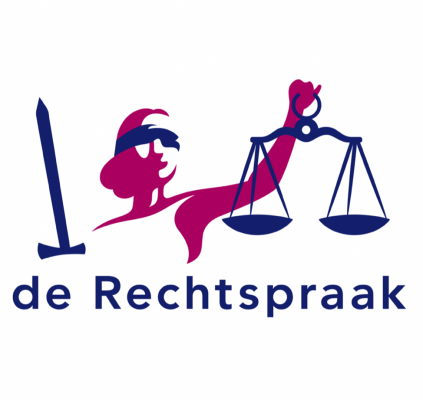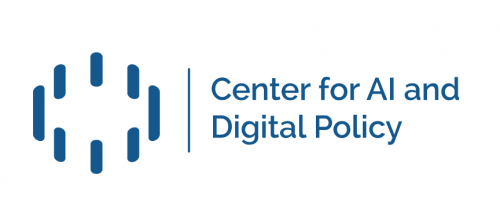The United States has continued to promote AI policies that seek to maintain American leadership and to build alliances with other democratic countries. Speaking to the OECD in May, U.S. Chief Technology Officer Michael Kratsios said the OECD AI Principles, “reaffirms a commitment to strengthen public trust, protect civil liberties, and remain true to democratic principles—the principles of freedom, the rule of law, privacy, respect for intellectual property, free, fair, and reciprocal markets, and the inherent dignity of the individual.”
The current US position on AI is comprised of a 2019 Presidential Executive Order, Guidance for Regulation of AI Applications, and the recommendations of a National Security Commission on AI. The Executive Order emphasizes the need to maintain American leadership in Artificial Intelligence, and sets out a range of policies and practices, including funding, research, training, and collaboration. The Executive Order also describes the need protect “civil liberties, privacy, and American values.” The Agency Guidance also underscores the desire to maintain American leadership, and endorses such values as privacy, civil liberties, human rights, the rule of law, and respect for intellectual property. The Agency Guidance outlines 10 principles, including Fairness and Non-Discrimination, Disclosure and Transparency, to promote innovation and growth for AI. The National AI Commission issued an interim report in November 2019, which was criticized for its lack of attention to democratic values. In a more recent report “Key Considerations for Responsible Development and fielding of Artificial Intelligence,” the Commission recommends “Employ[ing] technologies and operational policies that align with privacy preservation, fairness, inclusion, human rights, and [the] law of armed conflict.”
The United States has also backed the Global Partnership on Artificial Intelligence, an international initiative to guide the responsible development and use of AI. The GPAI will bring together leading experts from industry, civil society, governments, and academia to collaborate aross four themes: Responsible AI, Data Governance, The Future of Work, and Innovation & Commercialization. In a column for the Wall Street Journal Artificial Intelligence Can Serve Democracy, Kratsios wrote, “As the world begins to recover from the pandemic, nations face a stark choice about what vision of artificial intelligence will prevail. As Group of Seven nations meet this year under the organization’s U.S. presidency, there is a critical opportunity to shape the evolution of AI in a way that respects fundamental rights and upholds our shared values.”
It is notable the AI policies of the Trump administration build on the earlier AI policy initiatives of the Obama administration. Regardless of the outcome of the November election, the United States is likely to continue to play a leading role in the development of global AI policies, policies that should favor democratic institutions and the rule of law.
Marc Rotenberg, Director
Center for AI and Digital Policy at Michael Dukakis Institute
The Center for AI and Digital Policy, founded in 2020, advises governments on technology policy.











